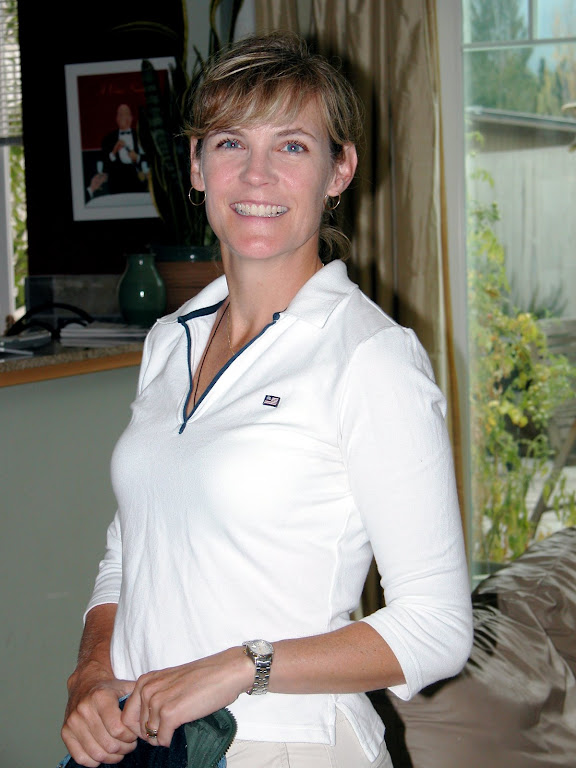
I was not surprised when I opened up the latest issue of First Things and saw an article by Father Richard John Neuhaus as well as his usual contributions in The Public Square part of that magazine, where in addition to sage comments on sundry topics ranging from Studs Terkel to Aleksandr Solzhenitsyn, he gives us a splendid essay on a Lutheran favorite, Law and Gospel. I still remember the early morning hours of a 1962 day when I was drifting off to sleep, listening to the radio, and suddenly being waked by a familiar trumpet sound from a man that I knew had died a few months earlier. It took me more than a few sleepy seconds to remember that my friend Dick Ruedebusch had made some recordings with the Woody Herman Band.
So I was kind of expecting some posthumous last minute bits of wisdom and advice from Father Neuhaus. And he didn't disappoint. He is even kind enough to warn us about the seriousness of his illness. [So serious that it had carried him off in the space of a couple of weeks, some days before the magazine could be published.] He mentions his earlier "little book, As I Lay Dying (titled after William Faulkner after John Donne) in which I said much of what I had to say about the package deal that is mortality."
Here is the website for real obituaries on the life of Richard John Neuhaus. Wow, what a man. My little note from a few days ago is very small potatoes.
 I have now read Neuhaus's As I Lay Dying. It seems a lot more helpful than Faulkner's book of the same title. In addition to a quick recitation of what he remembers about his close encounter with death and dying, and some necessary philosophy and other real things, he also, in his no-nonsense honest way, also looks at other books and poems that have something to say about these matters, and then compares and contrasts them to his own experiences; and finally, without embarrassment, he talks about his "near-death" experience; actually he calls it a "near-life" experience.
I have now read Neuhaus's As I Lay Dying. It seems a lot more helpful than Faulkner's book of the same title. In addition to a quick recitation of what he remembers about his close encounter with death and dying, and some necessary philosophy and other real things, he also, in his no-nonsense honest way, also looks at other books and poems that have something to say about these matters, and then compares and contrasts them to his own experiences; and finally, without embarrassment, he talks about his "near-death" experience; actually he calls it a "near-life" experience.This last part is why I am fairly sure that I've never read this before even though I know it has been in my library since it was published in 2002. Of course he was very ill with the original intestinal cancer around 1995, with rupture of the large bowel and then another surgery to remove the spleen accidentally injured during the first hurried emergency operation. The outcome was not at all clear for several weeks. Finally he was promoted out of intensive care, soon after which he suddenly one night became aware of two "presences," who made it clear that he had a choice. And they clearly spoke: they said that "Everything is ready now." Not a command or an invitation, but definitely up to him. He thought that if he said Yes he would go on to die.
He goes on to a prolonged meditation on the meaning of this whole thing, the "presences," his illness, his recovery, and eventually his response to all this and Donne's Devotions upon Emergent Occasions: "So I too have been to a good university, and what I have learned, what I have learned most importantly, is that, in living and in dying, everything is ready now."
All of us are really going to miss this guy.










1 comment:
In December 2011 I was finally enlightened by a fellow Carroll grad, Carl Trendler '62: Ruedebusch died in 1968, so that I did hear him on record in 1962, I did not know that he was dead. My memory played a trick on me in later years to make the story better.
Post a Comment